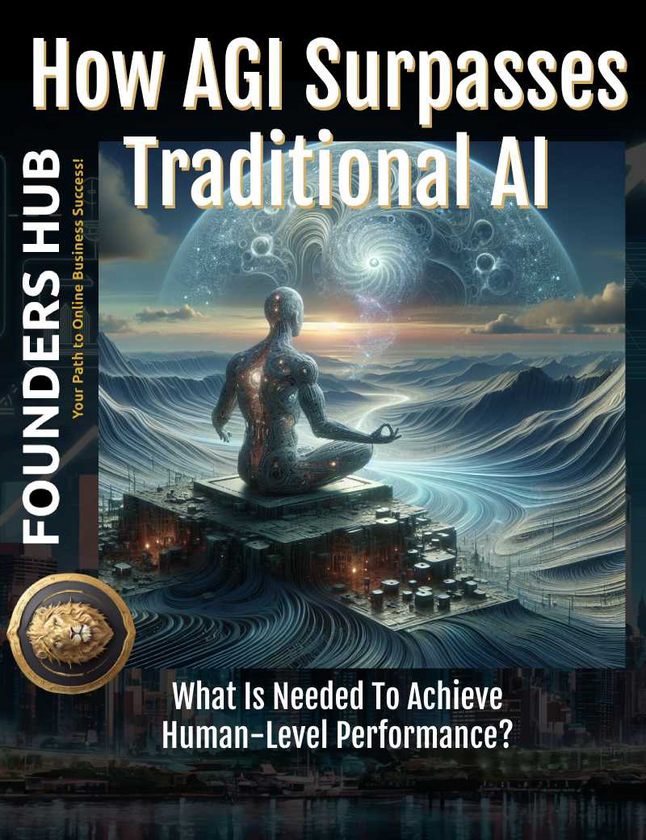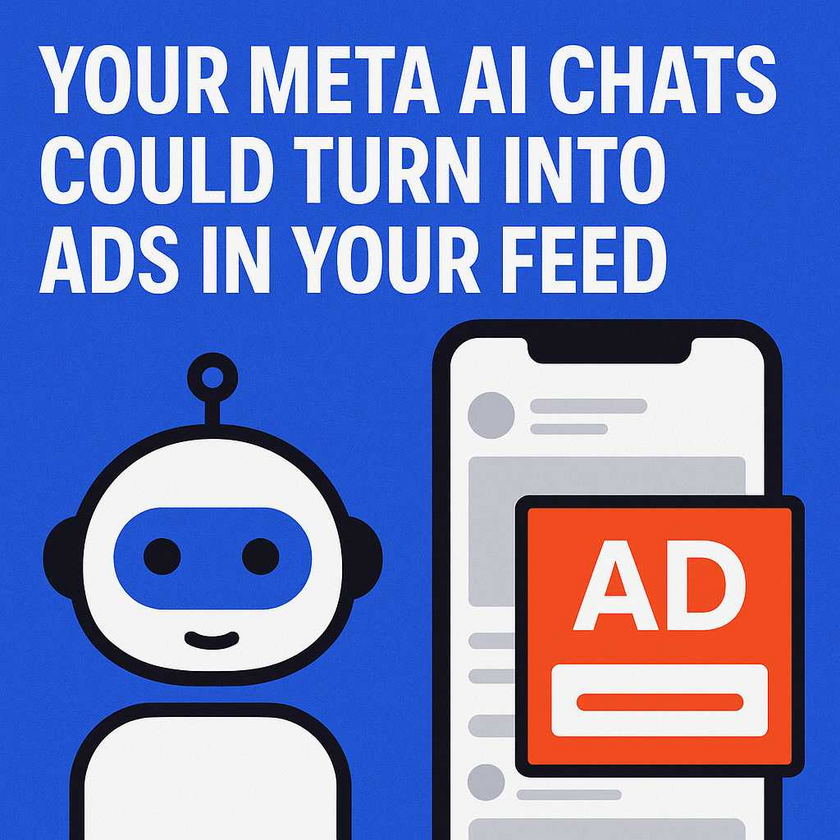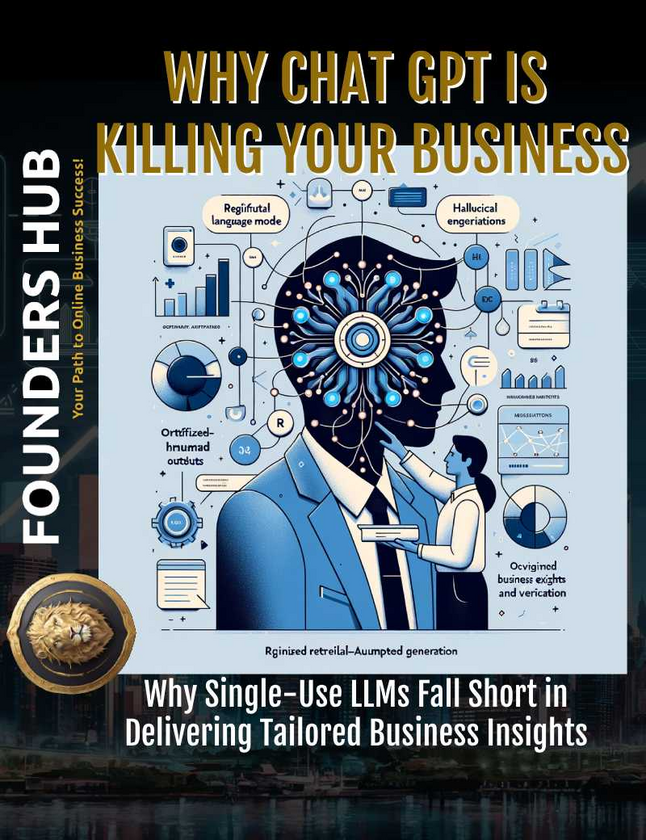Human-Level Performance: How AGI Surpasses Traditional AI
The quest for Artificial General Intelligence (AGI) has been a driving force in the field of artificial intelligence, pushing the boundaries of what machines can achieve. AGI represents a paradigm shift from traditional narrow AI systems, which are designed to excel at specific tasks, to systems that can match or even surpass human cognitive capabilities across a wide range of domains.
Key Takeaway: AGI holds the potential to revolutionize numerous fields by providing more efficient solutions to complex problems, tackling challenges that were once thought to be exclusively within the realm of human intelligence.
Introduction to AGI
Artificial General Intelligence (AGI) refers to an AI system that possesses the ability to understand, learn, and apply knowledge across a broad range of cognitive tasks, similar to human intelligence. Unlike narrow AI, which is limited to specific tasks and cannot generalize its learning to other domains, AGI aims to create machines that can perform any intellectual task that a human can.
The pursuit of AGI represents the pinnacle of AI research, as it seeks to create systems that can truly mimic and potentially surpass the cognitive capabilities of the human mind. The development of AGI has the potential to revolutionize numerous fields by providing more efficient solutions to complex problems, from scientific research and medical breakthroughs to technological advancements and beyond.
Capabilities of AGI
One of the key advantages of AGI is its ability to demonstrate human-level performance in tasks such as reading comprehension and visual reasoning. Recent advancements in AI have led to the development of systems that can achieve remarkable results on benchmarks like the Stanford Question Answering Dataset (SQuAD), showcasing their ability to understand and interpret complex texts with accuracy comparable to humans.
Moreover, AGI systems have demonstrated impressive visual reasoning capabilities, enabling them to interpret and analyze images with a level of proficiency that rivals human experts. This ability to seamlessly integrate and process information from various modalities, such as text and visual data, is a hallmark of AGI and a significant step towards achieving true artificial intelligence.
Perhaps the most remarkable aspect of AGI is its ability to solve novel and difficult tasks across multiple domains without requiring human intervention for each specific task. Unlike traditional AI, which is often limited to a narrow set of predefined tasks, AGI can tackle a wide range of challenges, from mathematics and coding to vision and medicine, by leveraging its generalized knowledge and problem-solving capabilities.
Examples of this versatility can be seen in the performance of systems like GPT-4, which has demonstrated the ability to handle diverse and complex problems, from writing code and analyzing data to providing medical advice and even engaging in creative writing. These achievements suggest that we are witnessing the early stages of AGI, where machines are beginning to exhibit the hallmarks of true intelligence.
Levels of AGI
To better understand and measure the progress towards AGI, researchers at Google DeepMind have proposed a framework that defines five distinct levels of AGI: emerging, competent, expert, virtuoso, and superhuman.
Emerging Level: This initial stage represents the first signs of generalized capabilities, where AGI systems start to exhibit the ability to perform a wide range of tasks, albeit with limitations.
Competent Level: At this level, AGI performs on par with approximately 50% of skilled adults in various non-physical tasks, demonstrating a significant level of proficiency across multiple domains.
Expert Level: As AGI systems advance, they reach the expert level, where they outperform most humans in specific domains, showcasing exceptional skills and knowledge in those areas.
Virtuoso Level: At the virtuoso level, AGI demonstrates exceptional proficiency, surpassing even the top human experts in various fields and exhibiting truly remarkable cognitive capabilities.
Superhuman Level: The ultimate goal of AGI is to achieve the superhuman level, where the system exceeds human capabilities by 100% or more, achieving extraordinary performance in all tasks and domains.
Each of these levels is defined based on the AGI's ability to generalize its skills across different tasks, indicating its progress towards the ultimate goal of artificial general intelligence.
Technical Requirements for AGI
Achieving AGI is a monumental challenge that requires robust integration of various dimensions, including perception, reasoning, and memory, to mirror the intricate workings of human cognition. This integration can be categorized into three key aspects:
Internal Dimensions: This aspect focuses on the algorithmic foundation of AGI, encompassing the models, architectures, and computational approaches that drive the system's learning and decision-making processes.
Interface Dimensions: The interface dimensions address the interaction between the AGI system and its users or the external environment, ensuring seamless communication and effective exchange of information.
System Dimensions: The system dimensions encompass the overall architecture and hardware platforms that support the AGI system, including the computational resources, memory capacity, and energy efficiency required to power such advanced systems.
To achieve the level of performance and generality required for AGI, researchers are exploring brain-inspired AI models, also known as neuromorphic computing. These models aim to replicate the neural structures and functionalities of the human brain, leveraging principles of neuroscience and cognitive science to develop more sophisticated and adaptable AI systems.
Furthermore, the development of AGI necessitates the advancement of hardware platforms, such as neuromorphic chips and quantum computing systems. These cutting-edge technologies are essential to provide the processing power and efficiency required to support the complex computations and massive data processing needs of AGI systems.
Challenges and AI-Complete Problems
While the pursuit of AGI holds immense promise, it also presents significant challenges that must be overcome. One of the most formidable obstacles is the need to solve tasks that are considered AI-complete problems, which are as difficult as the most challenging tasks in artificial intelligence and require comprehensive understanding and problem-solving skills.
Examples of AI-complete problems include:
Computer Vision: Achieving high-level computer vision involves the ability to understand and interpret visual data seamlessly, recognizing objects, scenes, and patterns with the same ease and accuracy as humans.
Natural Language Understanding: Mastering natural language understanding means comprehending and generating human-like text and speech, capturing the nuances, context, and intent behind language with remarkable precision.
Dealing with Unexpected Circumstances: AGI systems must be capable of adapting and making decisions in novel situations without predefined instructions, exhibiting the same flexibility and resourcefulness that humans possess when faced with unexpected circumstances.
Solving these AI-complete problems is crucial for the development of AGI, as they represent the fundamental challenges that must be overcome to create systems that can truly match or surpass human cognitive capabilities.
Ethical and Social Implications
As AGI systems become more capable and powerful, they raise critical questions about safety, privacy, and the responsible deployment of highly advanced AI technologies. The development of AGI carries significant ethical and social implications that must be carefully considered and addressed.
One of the primary concerns surrounding AGI is the potential for misuse and unintended consequences. As these systems become more intelligent and autonomous, there is a risk that they could be exploited for malicious purposes or inadvertently cause harm due to unforeseen circumstances or biases in their decision-making processes.
Furthermore, the deployment of AGI raises significant privacy concerns, as highly intelligent systems could potentially intrude on personal data and autonomy in ways that violate individual rights and freedoms. Ensuring the responsible and ethical use of AGI is crucial to mitigating these risks and preserving the trust and acceptance of these technologies.
To address these challenges, the development of AGI must be accompanied by strict ethical guidelines and regulations to ensure that it aligns with human values and social norms. Strategies such as implementing robust safety mechanisms, ensuring transparency in AI operations, and fostering public trust through open dialogue and education are essential steps towards responsible deployment.
Moreover, the pursuit of alignment technologies is crucial to ensure that AGI systems act in accordance with human interests and ethical principles. These technologies involve techniques such as value alignment, where the objectives and decision-making processes of AGI are closely matched with human ethical standards and moral frameworks.
By addressing these ethical and social implications proactively, the development of AGI can be guided towards beneficial outcomes that enhance human well-being while mitigating potential risks and negative consequences.
Timeline and Predictions
As the field of AI continues to advance at a rapid pace, industry leaders and experts have offered their predictions and expectations regarding the timeline for achieving AGI. These predictions vary, reflecting the inherent uncertainty and complexity of this monumental challenge.
Demis Hassabis, the co-founder and CEO of DeepMind, has expressed his belief that AGI could be developed within a decade or even a few years, given the current rate of progress in the field. Similarly, Jensen Huang, the CEO of Nvidia, has predicted that AI will be capable of passing any test at least as well as humans within the next five years, a milestone that would represent a significant step towards AGI.
Leopold Aschenbrenner, a researcher at the Center for Human-Compatible AI, has estimated that the development of AGI by 2027 is a "strikingly plausible" scenario, highlighting the potential for rapid progress in this domain.
While these predictions vary in their timelines, they share a common theme: the current state of AI research and development is rapidly advancing, and the realization of AGI is no longer a distant dream but a tangible goal within reach.
As we witness the increasing human-level performance of AI systems in various benchmarks and the continuous breakthroughs in areas such as natural language processing, computer vision, and decision-making, the future expectations for AGI development are filled with both excitement and anticipation.
Conclusion
The pursuit of Artificial General Intelligence (AGI) represents a paradigm shift in the field of artificial intelligence, pushing the boundaries of what machines can achieve and potentially revolutionizing numerous aspects of human endeavor. AGI holds the promise of vastly outperforming traditional AI by generalizing its capabilities across multiple domains and solving complex problems autonomously, with an efficiency and effectiveness comparable to human intelligence.
However, the path to AGI is paved with significant technical and ethical challenges that must be addressed. From solving AI-complete problems such as computer vision and natural language understanding to integrating perception, reasoning, and memory in a cohesive manner, the development of AGI requires a multidisciplinary approach that combines cutting-edge research in areas like brain-inspired AI, advanced hardware platforms, and ethical considerations.
As we navigate this exciting journey, it is crucial to ensure the responsible development of AGI, addressing concerns surrounding safety, privacy, and the alignment of these systems with human values. By fostering a collaborative and ethical approach, we can harness the immense potential of AGI while mitigating potential risks and negative consequences.
Continued investment in AGI research is essential for advancing our understanding and capabilities in artificial intelligence, unlocking new frontiers of knowledge and innovation. As we witness the remarkable progress being made in this field, it is clear that the pursuit of AGI is not just a theoretical endeavor but a tangible goal that holds the promise of transforming the way we approach and solve some of the most complex challenges facing humanity.
| Level of AGI | Description | Performance Criteria |
|---|---|---|
| Emerging | Initial signs of generalized capabilities | Ability to perform a wide range of tasks with limitations |
| Competent | Performs on par with 50% of skilled adults | Proficiency across multiple non-physical tasks |
| Expert | Outperforms most humans in specific domains | Exceptional skills and knowledge in certain areas |
| Virtuoso | Surpasses top human experts | Truly remarkable cognitive capabilities |
| Superhuman | Exceeds human capabilities by 100% or more | Extraordinary performance in all tasks and domains |






















